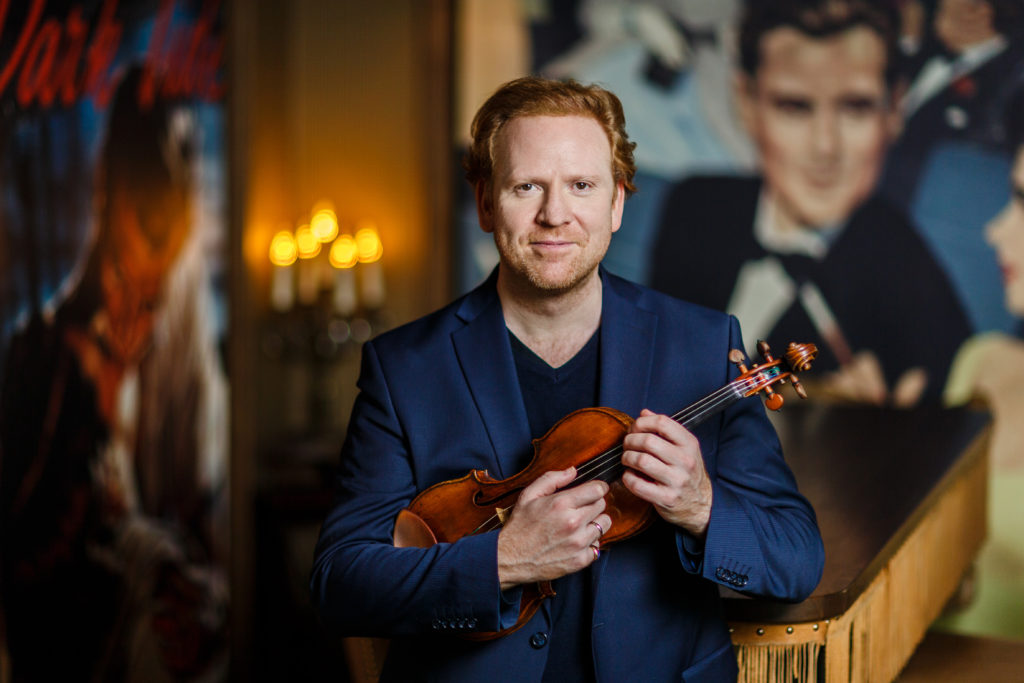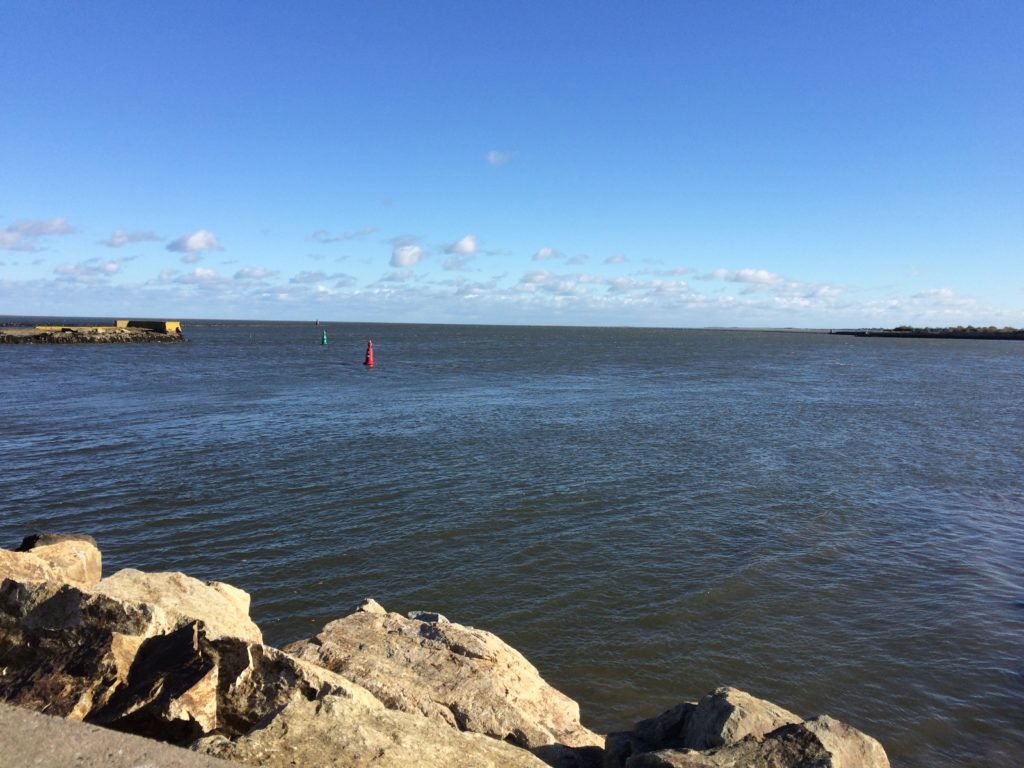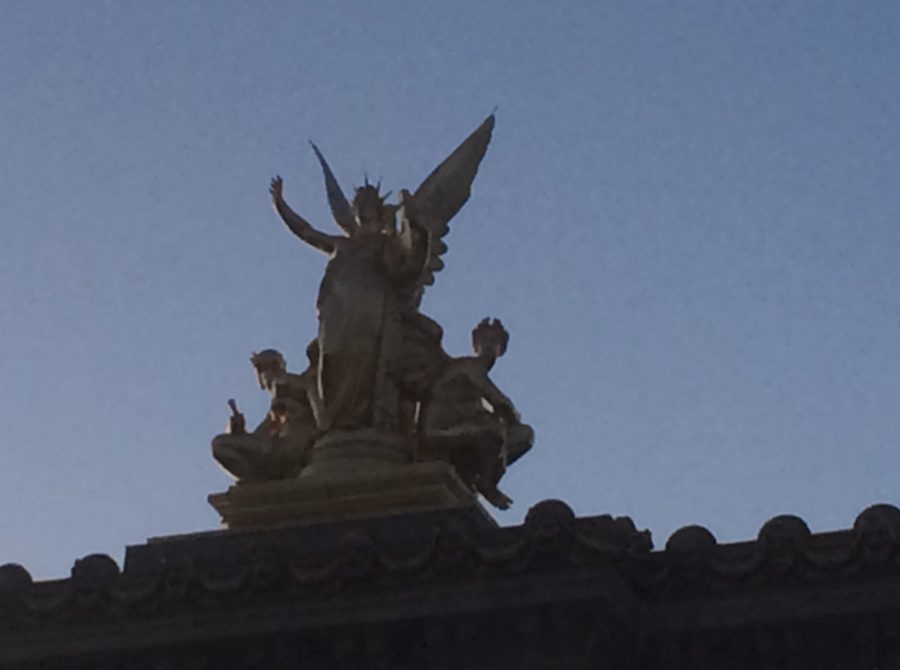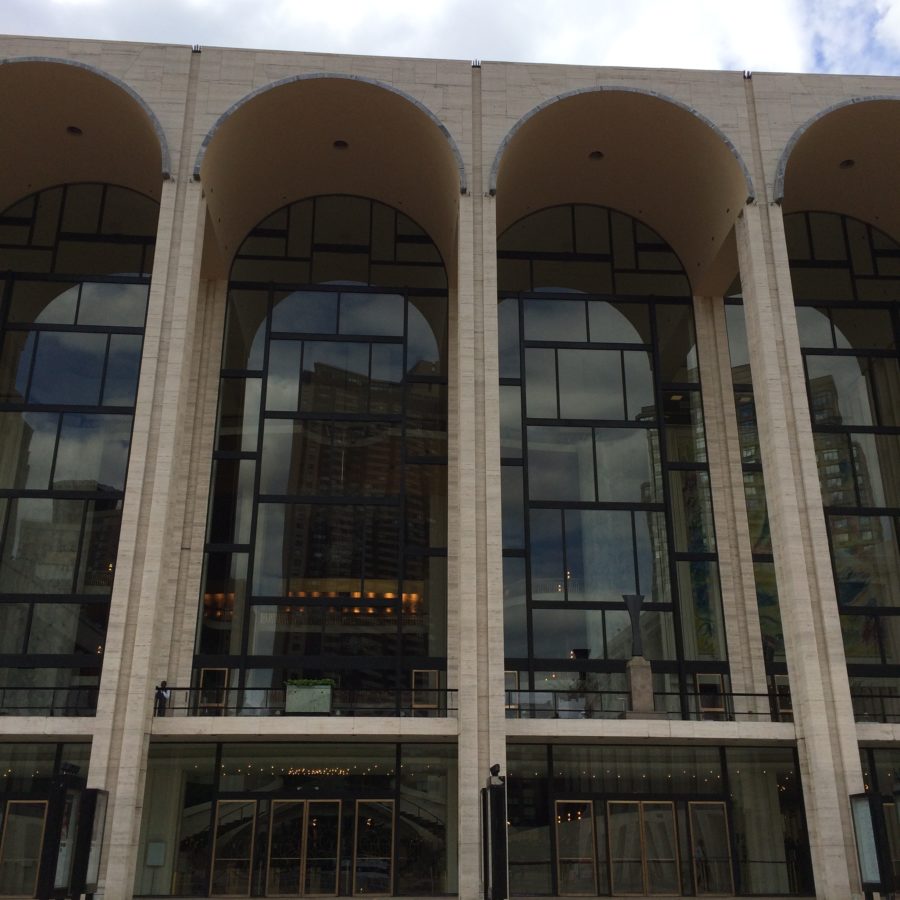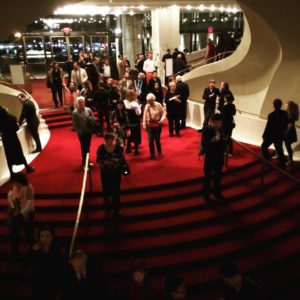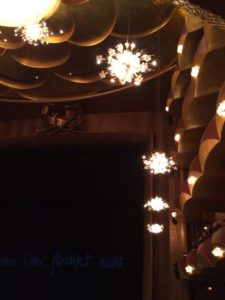More than any other, Sundays have always been reading days. As a child I would spread newspapers over the few stairs which led to the bedrooms in the tiny split-level where I grew up. The family cat would often come and plonk herself down in the very middle of those papers, glaring expectantly with her saucer-eyes, and I would gently scoop her up. Poogie (that was her actual name) would settle in the crook of my arm, happily purring, before I would be allowed to continue my study – of the arts section, yes, but the business, life, politics, and sports ones too.
Reading about a variety of topics is good; being curious about a variety of things is very good. Such curiosity is something I try to continually impress upon students, with varying degrees of success. “When preparing for an interview,” I found myself saying recently, “don’t just study the person; read absolutely everything you can about the whole world around them.” I could practically hear their groans. “Yes it’s work,” I continued, “but it’s also logic. And reading – learning – is good!” In retrospect I certainly sounded very PollyAnna Prissy, but the despair over unconscious predilection to remain in tidy boxes grows daily. There’s a big reason I love radio and cable television: the element of the random, and its related exercise of curiosity, is inescapable.
So until I get the newsletter I alluded to in my previous post up and running, these updates, of things read, watched, listened to, pondered over, will (I hope) continue. Right now these pursuits feel logical, stimulating, important, pleasurable, challenging – sometimes at once.
In light of this week’s terrible news about the end of the historic BBC Singers, bass Brindley Sherratt has written a thoughtful piece (published in The Guardian) reflecting on his time with the group. His words offer a vivid portrait of the realities of young operatic careers and highlight the varied repertoire of the group throughout its history. “In one week,” he writes, “we would sing a couple of hymns for Radio 4’s Daily Service (live, early and terrifying), rehearse and record the most complex score of Luciano Berio or Ligeti and then bang out There is Nothin’ like a Dame on Friday Night Is Music Night.” His writing highlights the importance of there existing good opportunities for young singers while giving lie to the idea that such groups aren’t populist in their appeal and therefore deserve no public funding. This is a depressingly common current of thought in much of North America (sigh). The axing of the BBC Singers makes one wonder if the broadcaster is aiming at a more NA-style (i.e. highly corporate, ROI-driven) system with relation to their classical groups and output. The direct experience of singers like Sherratt should be considered here, along with good models of arts education, funding for which has been woefully dwindling for decades.
Speaking of experience, I finally watched The Big Lebowski, on March 6th – the day of its original release in 1998 and the related “Day Of The Dude” created to recognize the slouchy central character played by Jeff Bridges. Birthed at a time when the (Western) optimism of the early 90s had been turned inside out (the death of Princess Diana, the scandals of the Clinton presidency, the rampant corruption within the former Eastern bloc) and the digital world still in infancy, it’s a very surreal ride into not-unfamiliar terrain. It is tough to say whether or not filmmakers Joel and Ethan Coen could have seen Zerograd, a 1988 film by Karen Shakhnazarov (which details the visit of an engineer to a small town), or Mark Zakharov’s equally-surreal To Kill A Dragon (based on the play of Evgeny Schwartz about a man who sets out to kill a dictator), which is also from 1988 (a pivotal moment in Eastern European history) – but they share many elements, from their portrayals of social collapse and untrustworthy leadership, to a pervasive atmosphere of dread, not to mention central male figures who suddenly faced with responsibilities they don’t want. Also, it’s worth noting the Day Of The Dude falls directly after the death-day of Stalin (and composer Sergei Prokofiev), March 5th. (Add to this: the Dude’s favorite cocktail.) However unintentionally, Lebowski, Zerograd, and Dragon make for a thoughtful cinematic trinity in 2023.
Keeping in the film zone, the annual Academy Awards are tonight, and for the first time they feature a best animated feature category. Among the nominees is The Sea Beast by Chris Williams, who worked on number of famed animated films (Mulan and Frozen among them) pre-Beast. Voice work was done via Zoom amidst the worst of pandemic lockdowns, with its cast (Jared Harris, Karl Urban, Zaris-Angel Hator, Marianne Jean-Baptiste) scattered across the globe. Along with touching voice performances, I enjoyed the film’s the subtext, which smacks at a common (if tiresome) element within current cultural discourse, that of “wokeism”‘s supposed cultural ruinousness. The Sea Beast, superficially a scary-monsters-of-the-deep tale, works in large part because of the ways it integrates diversity into a satisfying thematic whole. Its main female character, Maisie, is a Black British orphan; the crew of the ship she stows away on features diverse and gender-fluid members; the story (by Williams and co-writer Nell Benjamin) uses various elements to convey the idea that historical narratives which elevate and glorify mindless violence are… well, bullshit. The fact this work comes from an outlet (Netflix) and a larger digital culture (streaming) that of course elevates such elements for profit gives the film a currency I’m not sure was intended, and yet.
Sea tales must have been in my algorithm because a Youtube suggestion for a documentary about the Mariana Trench popped up recently. This wonderful David Attenborough-hosted NHK work documents the efforts of various researchers to reach the very bottom of the earth; yes it’s exciting and informative at once, but it’s also, in this case, incredibly atmospheric. Watching it is akin to watching an edge-of-your-seat thriller; will they or won’t they see a sign of life? Will the equipment break? Will they see a… sea monster? An intense claustrophobia pervades many of the scenes, not only those captured (incredibly) in the trench itself but within the little floating rooms filled with anxious-looking researchers. I literally jumped off the sofa when one of the specially-built machines (made to withstand the immense oceanic pressure) hit the bottom with a loud THONK; I sighed heavily at the capture of a Mariana snail fish (yes it’s important for study, but my God, it’s so cute and graceful as it swims! Just look at it!). Another big part of my childhood, aside from reading Sunday papers, involved watching an assortment of nature documentaries, and this was a lovely reminder if also an incredible update on my nostalgia, blending cinematic sense with dramatic tension, and science folded within – in other words, one of the best things.
Another best thing is learning about forgotten (ignored, under-represented) writers. The philosophy of John Locke is well-known; that of Damaris Masham, less so. Yet the two are inextricably linked, as Regan Penaluna so ably shows in her moving Aeon essay published earlier this month. Shining a light on a late 17th century figure who explored women’s lives and experiences through two sole books, Penaluna also shares her own history with a contemporary (if unnamed) Locke-like figure who provided similar encouragement, someone “to whom I frequently looked for validation.” This is a common experience for women who enter largely male-dominated fields, and it’s refreshing to see a philosopher mixing the epic and intimate in ways Masham herself did in her writing. As well as examining ideas surrounding the nature and exercise of power and intimacy, Penaluna takes issue with Masham’s insistence on “women’s superior capacity for care”, noting how such a position “further entrenches patriarchal views”. This portion of the essay brought to mind a popularly-held view that “mothers understand the giving of life and if they ran the world we wouldn’t have so many wars” (a handy derivative of “if women ran the world we would have peace”) – there is a world of history, past and present, repudiating such (frankly narrow and rather sexist) views; viciousness – and nurturing – are not confined to any capacity for reproduction, individually or as a whole. Masham’s view, that “with the right conditions, women could make significant contributions to philosophy, on a par with men”, has real-life (if perhaps uncomfortable, for some) corollaries. Also, it must be said: the intertwined lives of Locke and Masham is the stuff of plays or movies – one or both should really exist. Were either to be realized one might anticipate more body than body-of-work depictions, a pity given the breadth of Masham’s ideas and work, only reprinted in (gasp!) 2005, and alas, no longer in print.
Masham might find more than a bit of interest in the words and music of Marko Halanevych, a member of the Ukrainian “ethno-chaos” band DakhaBrakha: “Art is not outside of politics; it is a factor within politics itself.” Halanevych distills the complex if innately linked relationships between art, history, and politics in a way that points up the connection with power and historically-received narratives; there is no hint of music being somehow magically “above” the fray of war but a key component within it. Culture is a longtime tool used in the wielding authority, particularly via the subtle, soft power methods used before the Russia’s invasion of Ukraine last February. “Between Two Fires: Truth, Ambition, and compromise in Putin’s Russia” (Granta, 2020) by Joshua Yaffa, is a useful reference for Halanevych’s responses, and more broadly, to DakhaBrakha’s artistic output, including their 2017 live-performance soundtrack to Ukrainian filmmaker Oleksander Dovzehnko’s at-the-time controversial 1930 film Earth. Perceived within a larger framework of cultural history, one is struck by the continuing influences of the prisposoblenets Yaffa highlights, and a Soviet nostalgia (referenced so memorably in Zerograd), and the various ways each continue to shape current creative responses to the tragedy in Ukraine.
Notions of choice and circumstance do a strange, uncomfortable dance throughout Yaffa’s book – but such dances are, in 2023, coming to be the norm, and perhaps it’s wise to simply accept the discomfort. Hopefully such dances don’t signal the end of cultural appetite, discovery, and curiosity, but some kind of new beginning.
Top photo: mine. Please do not reproduce without express written permission.

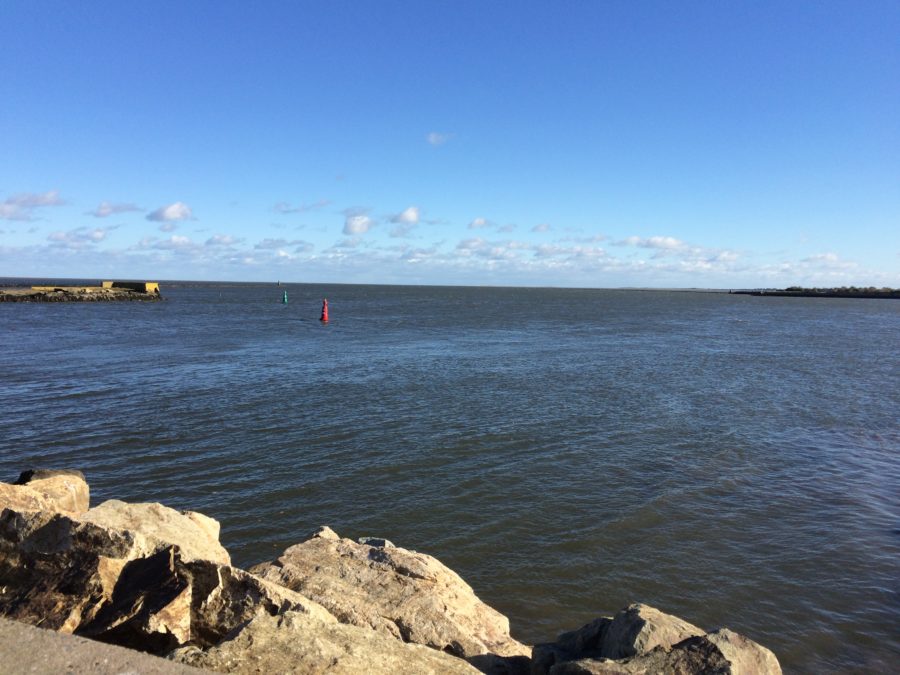

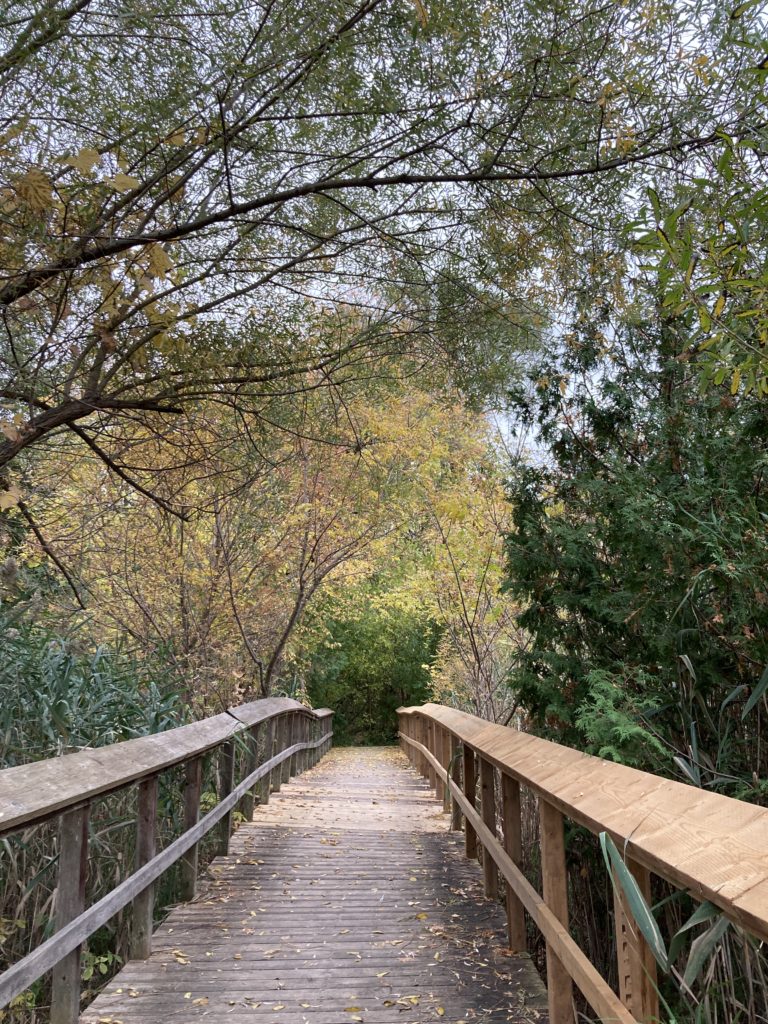
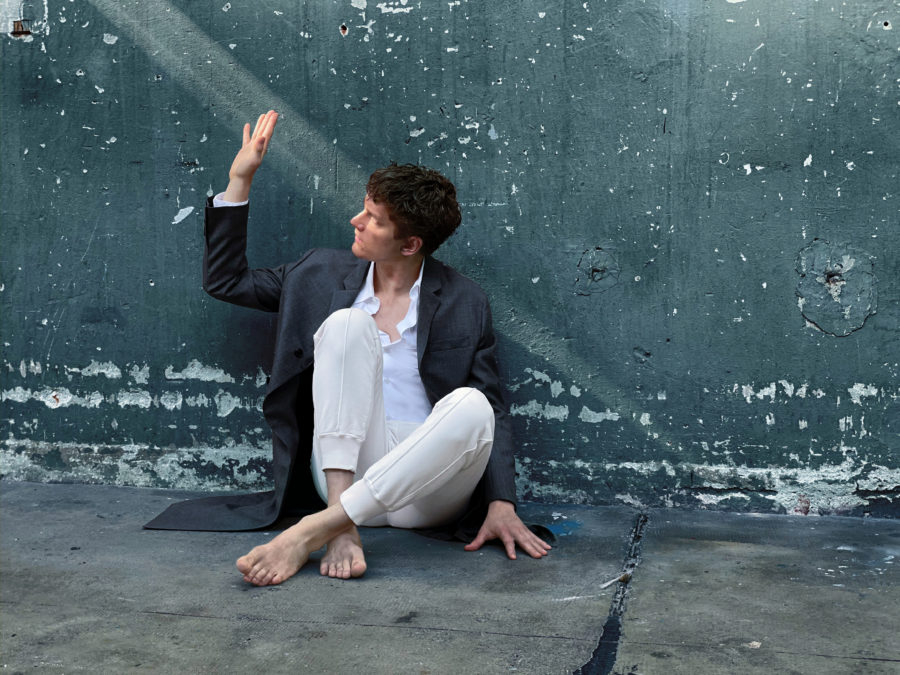
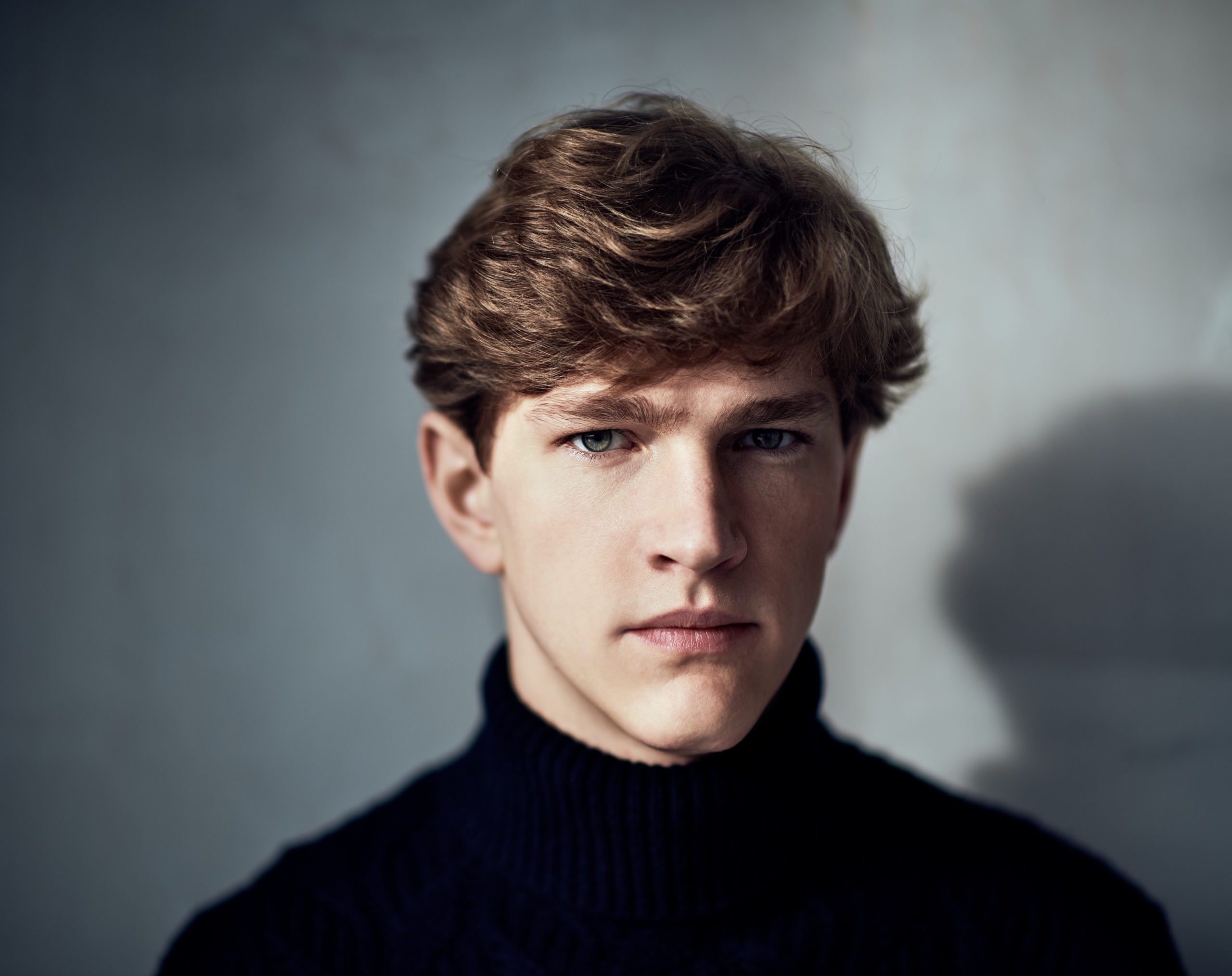
 That’s palpable in the recording, and I hear something different every time. Listening to the left hand can really bring something alive that one thought one knew well.
That’s palpable in the recording, and I hear something different every time. Listening to the left hand can really bring something alive that one thought one knew well.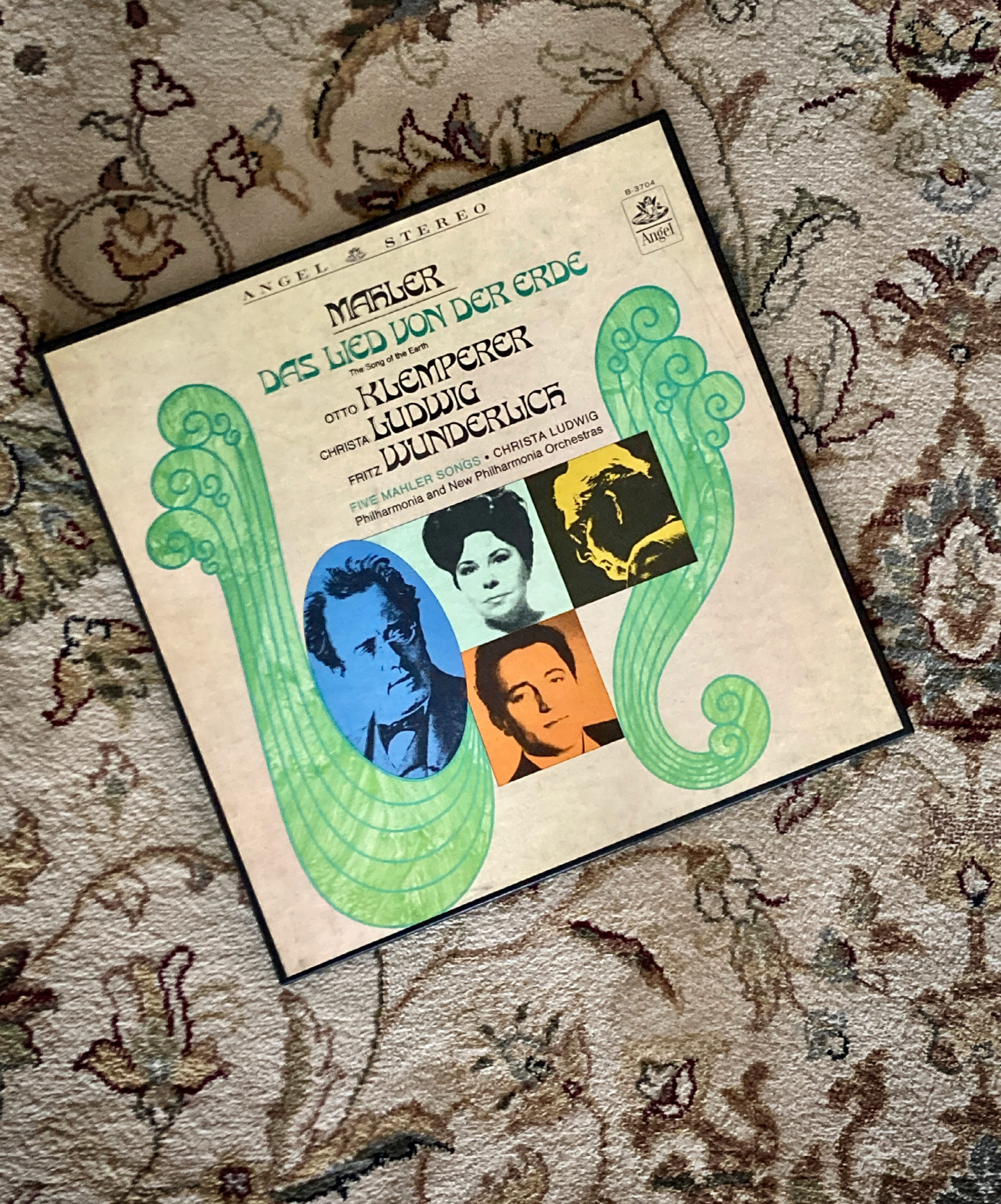
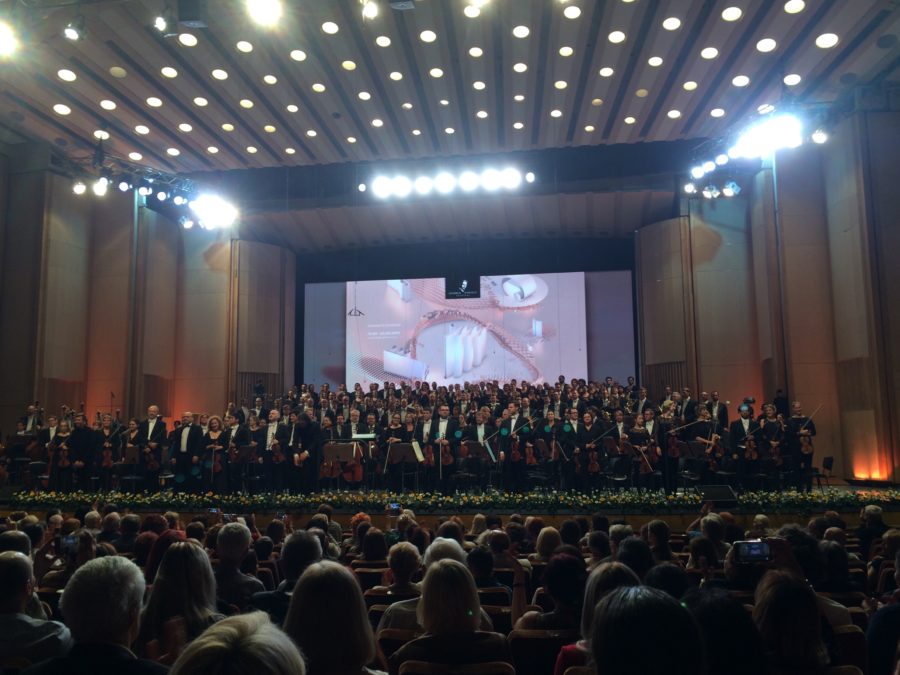
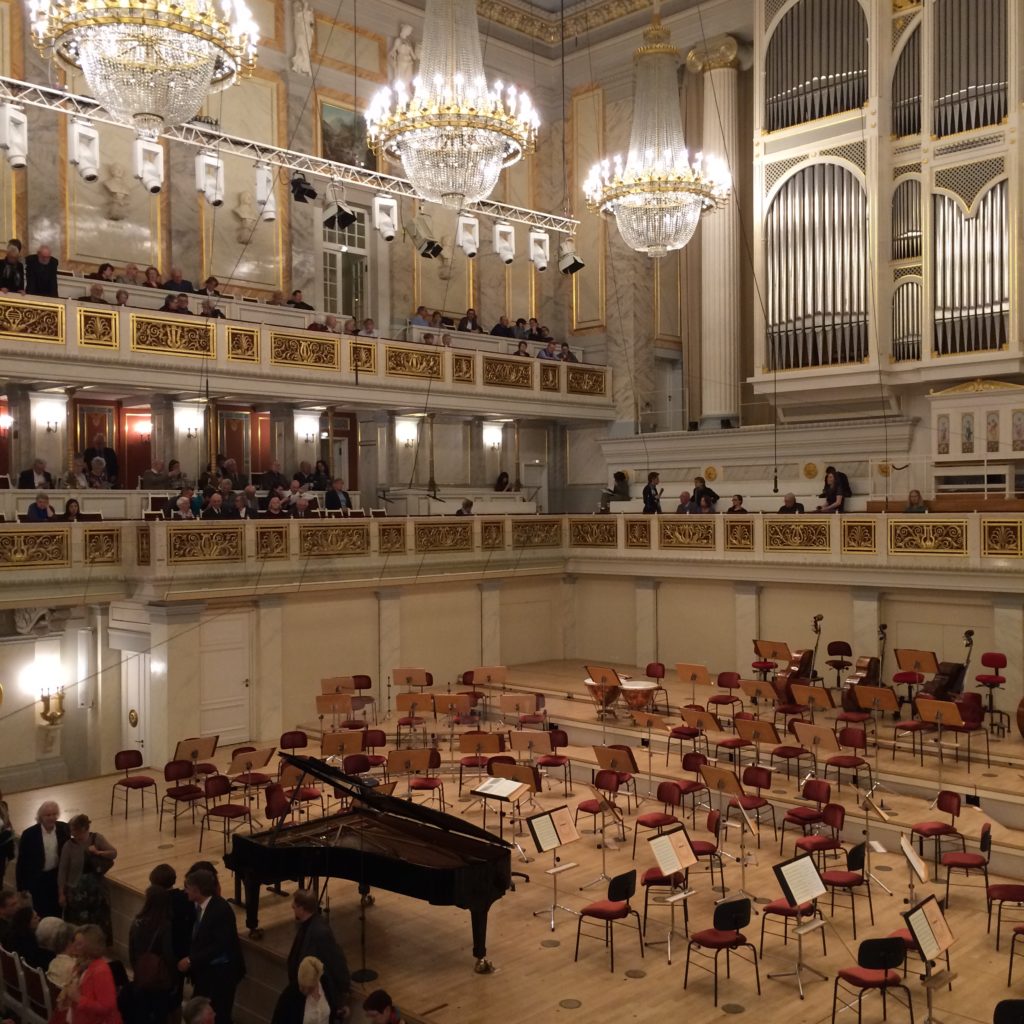


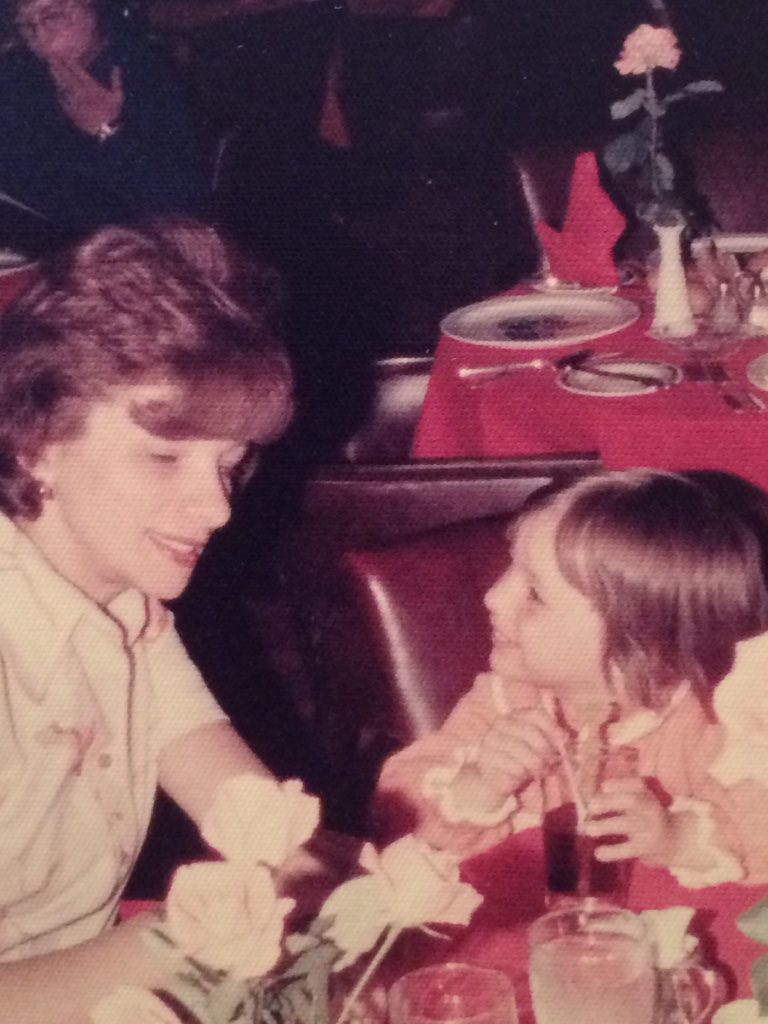
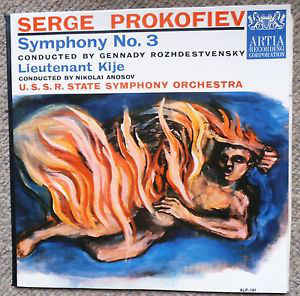 Still, I realized on some intuitive level, and partly through direct experience playing those modern works, that there was an entire cosmos I was missing. Exposure to world cinema confirmed that feeling, and led me to sounds that opened the door of discovery slightly wider; from there were trips to the local library for cassette rentals. Winter months
Still, I realized on some intuitive level, and partly through direct experience playing those modern works, that there was an entire cosmos I was missing. Exposure to world cinema confirmed that feeling, and led me to sounds that opened the door of discovery slightly wider; from there were trips to the local library for cassette rentals. Winter months